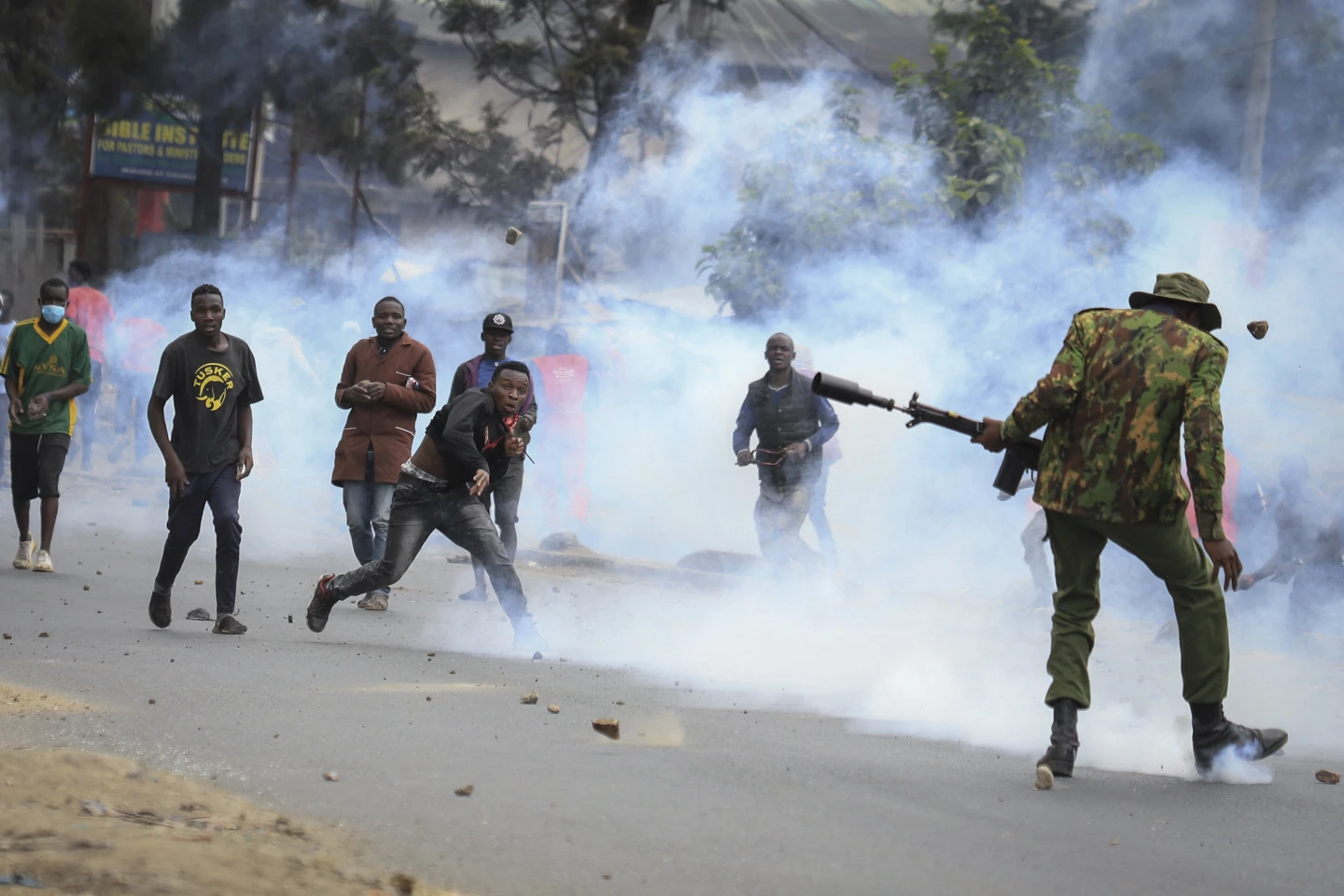In a recent series of unsettling events, tensions among the Eritrean community in Israel have escalated, manifesting in a series of conflicts and planned assaults among its members, primarily rooted in their varying political stances related to their home country, Eritrea.
In one of the instances that unfolded in Ashdod, Israel, three Eritrean individuals, aged between 30 and 50, were detained in connection with a conspiracy to launch a politically-driven assault against another individual of the same nationality. The men, who were actively engaging in conversations within WhatsApp groups, were formulating a plot to attack another Eritrean citizen and had even circulated a photograph of their intended victim among themselves. The local police force was able to intercept the communication, apprehending the suspects, and subjecting them to an inquiry regarding their collusion to perpetrate a criminal act.
This event does not stand alone but is rather an episode in a pattern of violent occurrences among the Eritrean diaspora in Israel, often stemming from deeply rooted political divisions regarding the regime in Eritrea. In a tangible demonstration of these divisions, Eritrean asylum seekers, who express opposition to the Eritrean regime, were observed protesting in southern Tel Aviv, establishing a visible counter-presence to a conference of supporters of the Eritrean government. Ensuring the safety and order of these events, Israeli police maintained a vigilant guard, mitigating the potential for clashes between the ideologically divided groups.
The Israel Police communicated a strong resolve to prevent further escalations and stave off violent acts, especially those targeting foreign nationals. They stressed the implementation of all accessible tools and means to protect against general harm and particularly safeguard foreign nationals from violent incidents. This dedicated approach comes in response to a series of aggressive and grave incidents within the Eritrean community in Israel.
Digging deeper into the heart of the issue, political animosity among Eritrean citizens in Israel has manifested in a troubling way, with individuals attacking each other based on their support or criticism of the Eritrean government. On one occasion, a lethal altercation in Netanya led to the arrest of four people following the death of one Eritrean man and injuries to 11 others. In this harrowing event, police were compelled to fire shots into the air to disband the brawling crowd.
Similarly, 10 additional Eritreans found themselves under arrest on a Saturday for allegedly plotting an assault against other foreign nationals. Furthermore, the preceding Friday saw the arrest of fifteen foreign citizens, following an altercation that resulted in injuries to 10 Eritreans, two of whom were seriously harmed. In another noteworthy incident, a protest in Tel Aviv, intended as a display of dissent against the Eritrean government, devolved into a large-scale riot, culminating in the injury of 160 individuals and numerous police officers.
These series of events throw into sharp relief the profound and tumultuous political discord among the Eritrean diaspora in Israel. Despite their geographical distance from Eritrea, the community remains deeply impacted by the political circumstances of their home nation, yielding a climate where personal and collective safety is increasingly at risk. Moving forward, it becomes pivotal for law enforcement and community leaders to work cohesively in addressing these tensions and fostering an environment where political discourse does not cascade into violent confrontation. This complex situation necessitates a multifaceted approach, integrating legal, social, and community-driven interventions to navigate the profound political and personal schisms within the Eritrean community abroad.
The cycle of political dissent and violence among the Eritreans in Israel underscores a poignant narrative of how international conflicts can permeate borders, affecting diaspora communities abroad. The unfolding situation necessitates a comprehensive, empathetic approach from all stakeholders, which embraces the complexities and sensitivities entwined in such politically charged conflicts. Authorities, community leaders, and individuals alike are now presented with the formidable challenge of navigating these turbulent waters, fostering unity and understanding in the face of deeply ingrained political divides, thereby ensuring the safety and well-being of all members of the community.






